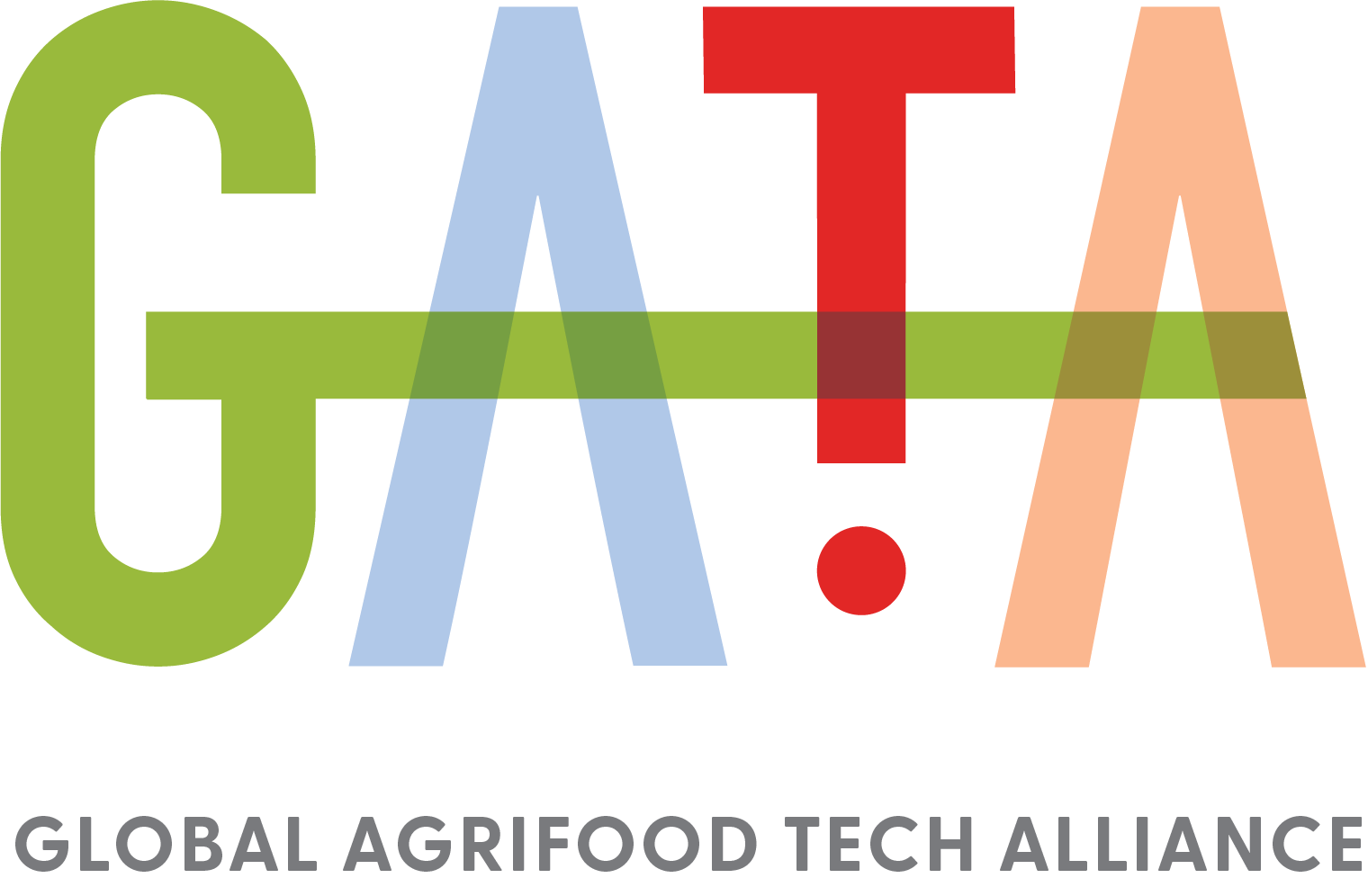Global Agrifood Tech Alliance
Initiatives
The Agrifood Tech Sustainability Guidebook
Our first main initiative is the development of a reference guide for agrifood tech innovators and startups that tracks the main impact and ESG measurement and commitment frameworks are used across the sector and by peers.
AgriFood Tech refers to the startups and companies with the mission to rethink the global food and agriculture industry through modern technology and innovation, as a result of their concerns over factors such as the urgency to reduce environmental impact and finding solutions to feed 10 billion people by 2050.
This guidebook is designed to support all these impact native companies as they embark on their journeys and seek to integrate and marry purpose and ESG from the start.
Doing it right from the beginning is difficult and full of challenges. Startups are often just trying to survive and lack the resources, time and knowledge to tackle the breadth of complex environmental, social, and economic issues businesses face today. What should they focus on in priority? What should they be tracking? What are the best metrics and frameworks to use? When and how should they certify their claims? Do they need an ESG expert or dedicated resource from the start?
- Funding stage
- Annual revenue
- Company sector
- Number of employees
- Main ESG focus areas
- Accreditation schemes
- Wide variety of ESG and impact measurement initiatives - confusion over which ones to use
- Current ESG rankings vary so widely in their methodology that companies have been able to “cherry pick” the most flattering providers and no consistency across the board
- Depending on frameworks used or company expected to use, startups can be challenged as are being asked to focus on current performance & what have achieved so far (scorecard approach) - as when at an early stage, there is not much yet a company has achieved. B-Impact Assessment looks at current achievement
- Other approaches can focus on the potential => this can help ensure that companies are incorporating and evaluating many different dimensions relevant for sustainability impact from the get go. But the risk is that it is viewed as greenwashing.
- The B-Impact Assessment is currently probably the leading sustainability impact scorecard approach and a good reference for startups on how to think holistically about The assessment looks however at current achievements, rather than impact potential. And from some startups we have heard that In early phases of a venture, some questions are not yet relevant (which is the down side). But it can open eyes in which areas sustainability will become relevant in future and where it could be implemented. B-Impact Assessment uses a freemium model. For further information, please click on the following link.
- For the agrifood tech startups -encourage the drive standardization across VCs investing in this space
- Take a lot of the burden away from entrepreneurs
